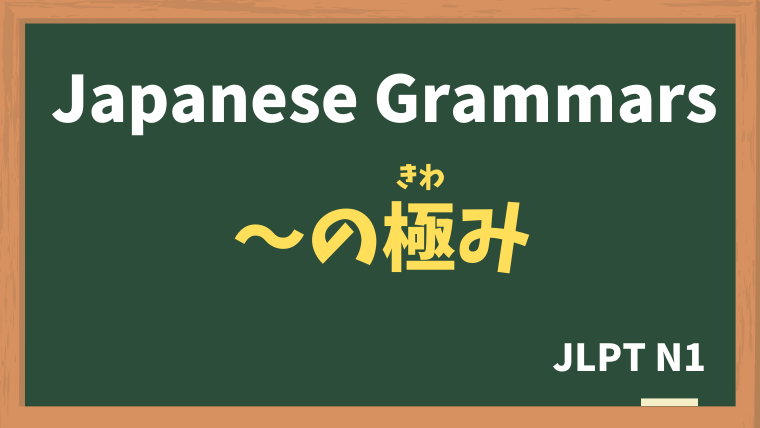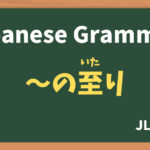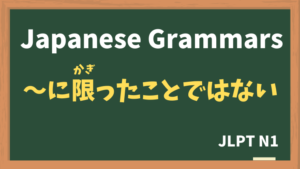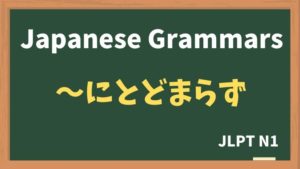
Explanation:〜の極み
fa-check-circleMeaning
“これ以上ないぐらい〜だ / 最高に〜だ”
程度が非常に高く、それ以上ないことを表します。
“extremely”
Used to describe the extreme or peak of something, often to express the highest degree of an emotion, state, or condition. It conveys the idea of something being at its utmost limit, whether it be positive or negative. This phrase is formal and tends to be used in literary, written, or polite contexts.
fa-check-circleForm
N + の極み
fa-check-circlePoints
- Extreme State: "〜の極み" expresses something reaching the pinnacle or the utmost degree.
- Formal Expression: It is a formal, elegant expression often found in written language or used to express deep emotions in a serious or respectful manner.
- Typically Abstract: This phrase is used to describe abstract concepts like emotions, situations, or states of being (e.g., joy, sorrow, luxury).
fa-check-circleJLPT Level
N1
Sample sentenes
先月、家を建てたばかりなのに、地震で壊れてしまい、痛恨の極みだ。
We just built the house last month, but it was destroyed by an earthquake. It's a heartbreaking loss.
私のために、このような会を開いていただき、感激の極みです。
I am deeply moved that you held such an event for me.
社員たちは朝から晩までトラブル対応に追われ、疲労の極みに達していた。
The employees were overwhelmed with troubleshooting from morning until night and reached the peak of exhaustion.
キャビアとトリュフとフォアグラを使った料理って、まさに贅沢の極みだね。
A dish made with caviar, truffles, and foie gras is the ultimate in luxury.
Vocabulary
| Japanese |
English | |
| - | キャビア | caviar |
| - | トリュフ | truffle |
| - | フォアグラ | foie gras |
Similar Sentence Pattern







